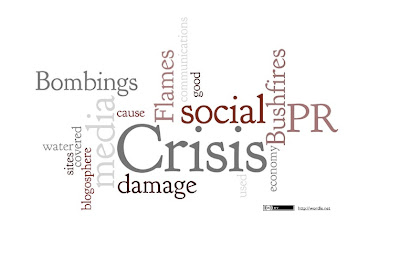
Crisis Solutions are once again sponsoring a category at next years prestigious Business Continuity Awards.
The category: Crisis Strategy of the Year.
The Business Continuity Awards recognise those business continuity, security, resilience and risk professionals whose innovative strategies and industry savvy make them stand out above the rest.
Judged by an independent panel of experts for exceptional performance, service and results in this dynamic industry, the winners in this year’s 20 categories will be honored and awarded at a gala dinner and ceremony on Wednesday 30th May 2012 – an evening that brings together industry leaders for a night of networking and celebration.






















